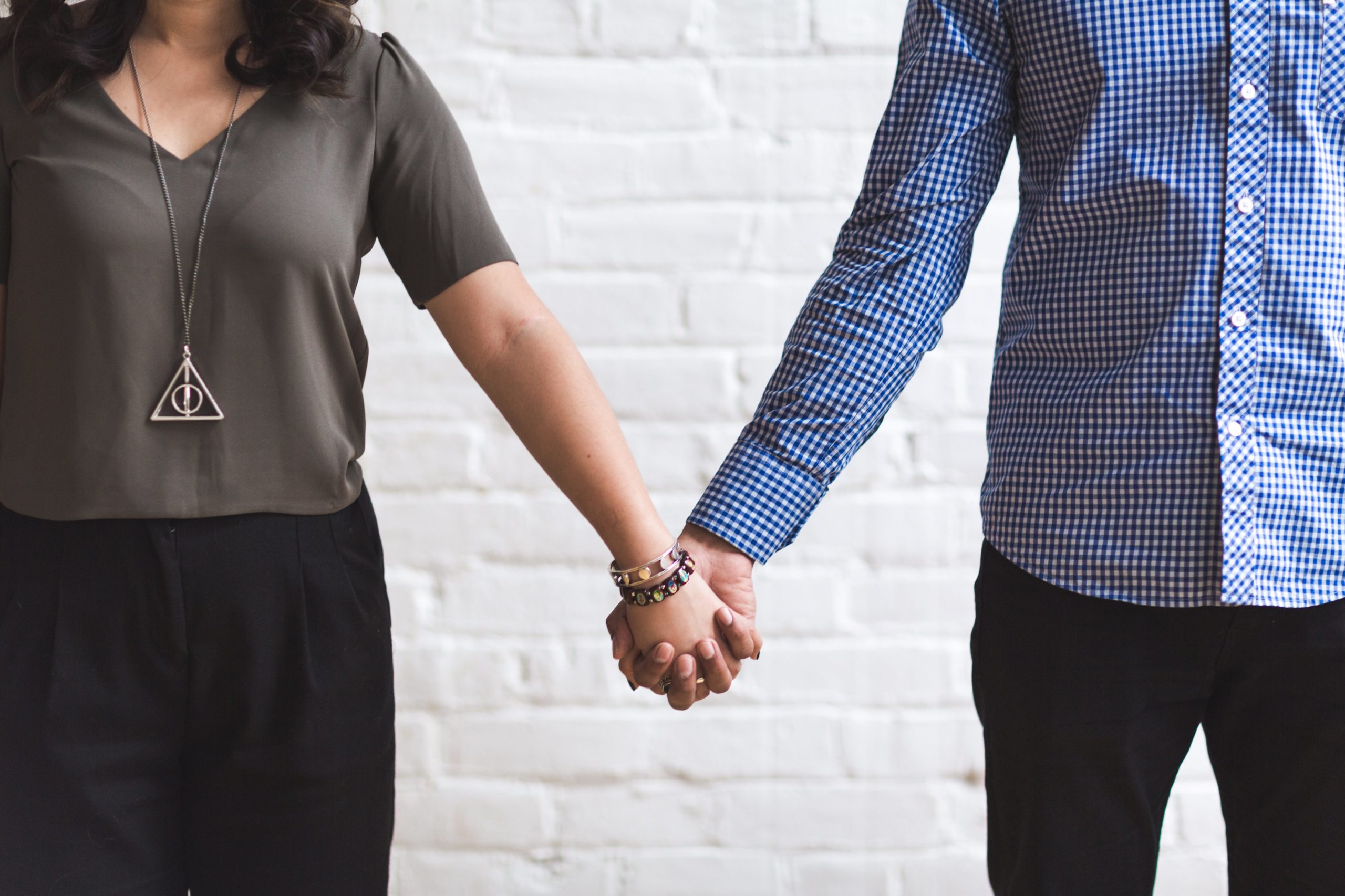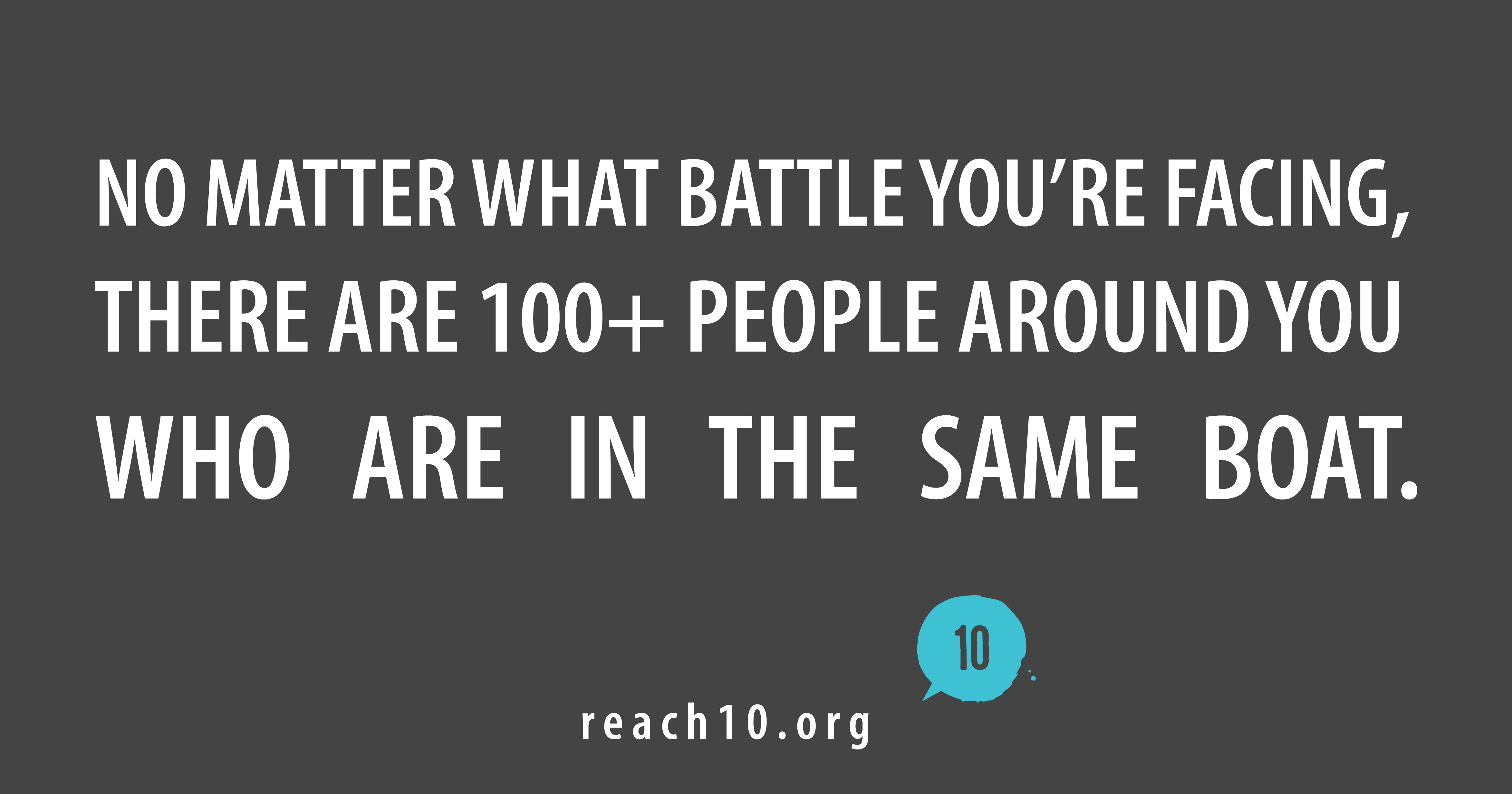Think about the time when you were given “The Talk”. Who gave it to you? Was it given by your parents? An older sibling? A friend? Some kid on the school bus?
Perhaps you are like me and you weren’t ever given any formal talk regarding sexuality. You received the majority of your sex ed by piecing together a combination of playground humor, eavesdropping on older siblings phone conversations, and TV shows that were (in hindsight) wildly inappropriate for someone in your age bracket.
What your parents don’t know about sex
Rather than cover the physiology of sex or the moral/“when a man and a woman love each other” portion of “The Talk”, I’m going to cover the aspects of sex and sexuality that your parents probably didn’t cover, and that you won’t find in a text book: sex in the digital age.
I’ve worked in digital marketing for the last five years. As a result, I have seen first-hand how technology continues to evolve faster and faster every day. Technology is beautiful, with endless possibilities. It is useful, captivating, and highly powerful. However, the more powerful a tool is, the more dangerous it becomes when placed in untrained hands.
Let’s start here with our discussion: I love to drive, but would never let my 9-year-old niece wield a V8 engine by herself. Similarly, I would never allow my 9-year-old niece to wield a search engine by herself without having first received a legal-guardian-guided internet drivers permit.
The reality is, the internet is a destination filled with sexuality that was not intended for young people.
I worry too many children, teens, and millennials have been and are being given freedom to “drive” devices which they were not or are not ready for: smartphones, tablets, video game consoles, etc. I also worry that those same children, teens, and millennials are already feeling the effects of misusing those tools in their past and have subsequently been filled with confusing yet strong emotions: shame, lust, intrigue, arousal, guilt.
Let’s start with shame, guilt, and lust
No one wants to feel shame or guilt, and you’d be hard-pressed to find any single individual who feels increased self-worth after feeling lustful. Most of us have been taught that lust is bad. And although I’d like to say we were conversely taught that healthy sexual arousal was positive … I don’t know that the message has gotten through.
Arousal and intrigue
Arousal is not intrinsically bad, in fact, it’s a great thing and is a significant part of a healthy life. Or are we still living in the 50’s where we don’t admit that sex is an appealing thing . . . ?
So, what happens when a person feels the positive feeling of arousal at the same time as the negative feeling of guilt? I’ll tell you.
My first exposure to pornography and arousal
As a seven-year-old little girl, I felt aroused by a sexually explicit scene on TV. This was not some HBO, Pay Per View, walled-garden of a channel. This was a mainstream channel that frequented my home. But this particular episode happened to fall outside of the usual script for the station, and my innocent little eyes saw it.
My mind told me that what I was watching was bad. It was displaying abuse, not representing love or consent. It was not normal or healthy. However, my biology told me a different story.
So, I sat there for a minute. I remember simultaneously feeling guilt and arousal. I felt good and bad. And because I had never been taught about arousal – what it was, what it felt like, what caused it, what it meant, I wondered if I was the only person on earth who had ever felt this feeling. And if I was, then surely that made me delinquent, surely I must be messed up in the head if a part of me enjoyed watching an abusive scene like that. So, I vowed to never tell anyone what I felt, because if they knew they would no longer like me, or talk to me, or care for me. And thus the shame was planted, and the years of subsequent silence began.
Overcoming childhood shame
What’s the big deal, right? We’ve all seen sex displayed on TV before, haven’t we? That’s true, most of us probably have. The problem is that when we are children we are often taught in black and white logic: A is good, B is bad. So, when we enjoy B we assume that we must be bad. Or that something is wrong with us. We don’t always have the communication skills or confidence to address our confusing experiences in healthy ways. And sometimes that confusion can stick with us for years. As the parent education organization Protect Young Minds points out, porn is tricky. It can create a pleasurable physical response at the same time as feeling emotionally upset.
Luckily, I have recently acknowledged the flaws in my child-like logic, confronted many false beliefs head on, and have began to work through my issues surrounding that experience. Best of all, I’ve been able to forgive myself and remove much of the shame I’ve been hiding for years.
Shame in our culture
Many millennials are paralyzed with shame due to conflict between their online encounters with sexuality, and the sexual misinformation given them by well-meaning leaders that seems to contradict the reality they are experiencing. Teens are experimenting with varying levels of sexting because they think it is innocent fun; it’s not in-person, therefore it’s not real. Children are accidentally exposed to sexually explicit materials simply because no one knows the device they are using is capable of leading them to that content. But digitized sexual experiences can be just as real, shame-inducing, and hurtful as they would be if they happened in real life. They are damaging to the soul.
There is hope
Because technology is evolving so quickly, people like me and you can speak up and speak out more effectively than ever before. We have the ability to reach out to those who are far from us yet who struggle, share our stories and our successes and help refine each other’s perspectives and gain a higher understanding.
There is hope because we don’t have to keep our secrets locked up anymore.
I’ve had too many friends leave their faith, families, and friends behind because they simply couldn’t see how they could be accepted for being “delinquent”. The truth is, no matter what battle you’re facing, there are 100+ people around you in that same boat. And if we all remain silent, how can we reach out to those in the same boat? I need some backup, people!
So, how do we change the culture we live in?
To my peers:
- Let’s start opening up to each other – you don’t have to publish an article like this, but why not open up one-on-one or in small, trusted groups? Sometimes speaking up is the very thing to extinguish our shame. These guides can help you know how to manage shame and how to respond when someone confides in you.
- Accept each other for who we are today, and own the experiences of our past which have so intimately shaped us into the people we are today.
- Start showing some compassion to each other.
- Educate ourselves so that we can educate the other young adults and children in our spheres of influence.
- Admit to ourselves that we all have a little shame in us and work to get rid of it.
- Figure out what forgiveness of self really means and make it work for us (project pending for me).
To my peers with children:
- If your children have access to smart phones, iPads, home computers, gaming consuls, radio, etc. they are susceptible to seeing or hearing pornography
- If you don’t understand how to use the iPad or device you’re handing over to your child, then please don’t hand it over. Come to me, I will show you how to use it, and then you can show your child. You don’t give your car keys to your 16-year-old until he/she has passed their test (and even then you are cautious), this is no different.
- If your child is a human being, they are capable of being aroused – yes, even your wonderful little child, and they need to be taught about that body of theirs.
- If your child is like pretty much all the children that have ever lived throughout all time, then they are most likely not going to tell you they felt aroused. Further, if you have never spoken to your child about healthy sex, or sex at all, then they may not even know what arousal is other than the fact that it felt good and pornography was the initiator of said feeling.
- When I say children (in all of the statements above) I mean ages from “going potty in the toilet” to “can I borrow your car keys” and “why is there never any food in this fridge”. It is never too late to start having open conversations regarding sex with your children, and technology needs to be a part of that conversation. An anatomy lesson, unfortunately, is no longer sufficient.
- If your child sees, hears, reads, etc. pornographic material, that does not make them a deviant person. It also does not mean you are a neglectful failure of a parent.
- If your child has sought out pornography that does not make them an addict. But they could still use your support, or even the guidance of a qualified professional in some cases.
- If your child is a pornography addict, that does not make them a lost cause. They are still your wonderful child and they need to be reminded of that more than ever.









